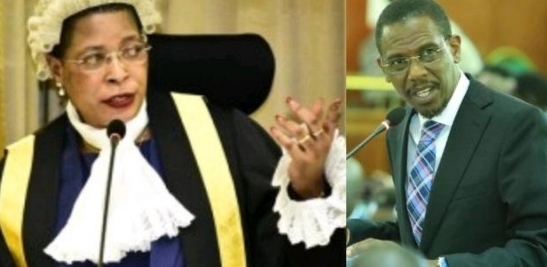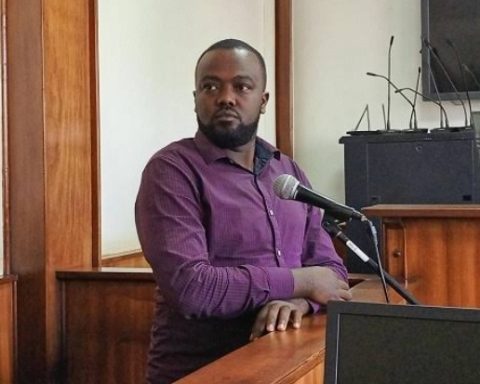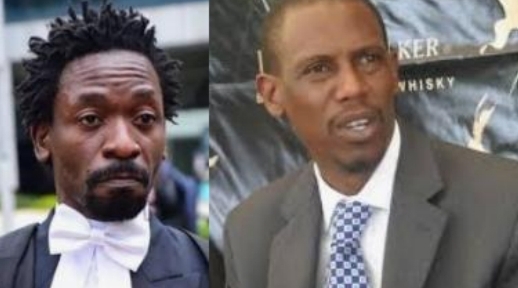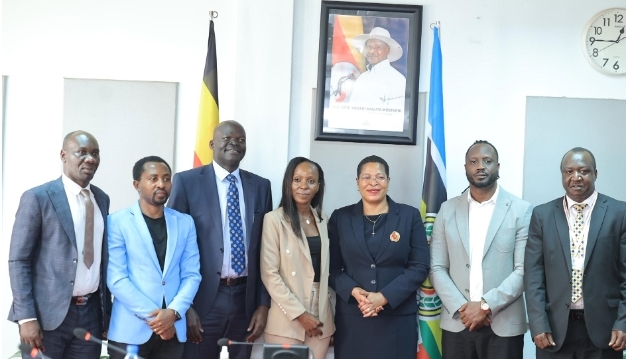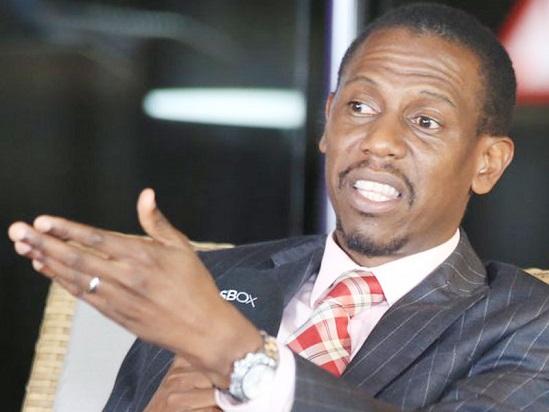A brewing battle over transparency in the salaries of Members of Parliament (MPs) has escalated, with Speaker of Parliament Anita Among and Attorney General Kiryowa Kiwanuka outrightly rejecting a request from the Equal Opportunities Commission (EOC) and the Ministry of Public Service for details on MP pay.
In a fiery session on Tuesday, Speaker Among defended Parliament’s independence, declaring it unacceptable for external agencies to pry into MPs’ remuneration. “Parliament is an independent institution. MPs are not government employees, and there is no reason for the Equal Opportunities Commission or the Ministry of Public Service to concern themselves with what MPs earn,” she declared.
Speaker Slams EOC Overreach
The Speaker’s statement comes in response to recent letters from the EOC and Ministry of Public Service, requesting a breakdown of salaries for all MPs. The Speaker dismissed the move as unwarranted interference.
“The EOC has no mandate to investigate or question the salaries of MPs. That is simply not their job,” she stated, signaling firm resistance against what she termed as an unnecessary probe.
Attorney General Joins the Fray
Attorney General Kiryowa Kiwanuka echoed the Speaker’s sentiments, asserting that the EOC was overstepping its legal boundaries. Kiwanuka argued that the commission’s role is to address inequalities faced by marginalized groups, not to scrutinize MP salaries.
“The mandate of the Equal Opportunities Commission is to address issues of marginalization based on gender, age, disability, and historical or cultural disadvantages,” Kiwanuka explained. “They have no business investigating MP salaries. It is a misuse of resources and a distraction from their actual responsibilities.”
MPs Divided on Transparency
The debate has sparked division among legislators. Kira Municipality MP Ibrahim Ssemujju Nganda argued that disclosing salary details could help ensure fairness and allow comparisons with other public employees.
“Why not let the EOC see what MPs and ministers are earning? Transparency is critical to assessing fairness,” Ssemujju remarked, challenging the Speaker’s stance.
However, Kiwanuka dismissed the call for openness, insisting that salary comparisons fall far outside the EOC’s purview.
A Question of Accountability or Overreach?
The standoff has drawn mixed reactions from the public, with critics accusing Parliament of shielding itself from scrutiny. Some have questioned why MPs, as public servants, should resist transparency on their pay.
“MPs are funded by taxpayers, and the public deserves to know how much they earn,” one political analyst commented. “The refusal to disclose salaries only raises suspicion about potential inequalities or hidden perks.”
On the other hand, defenders of Parliament argue that the EOC is venturing into territory it has no authority over.
“The EOC should stick to its core mandate. MPs’ salaries are not a matter of marginalization or inequality; this is purely political posturing,” said a government insider.
What’s Next?
As the controversy unfolds, Attorney General Kiwanuka has vowed to meet with the EOC leadership to clarify their mandate and prevent future “missteps.”
“This matter needs to end here. The EOC should refocus on their responsibilities and stop wasting time on non-issues,” Kiwanuka said.
For now, Parliament remains adamant that its salary structure is off-limits, setting the stage for a contentious debate about transparency, independence, and accountability in Uganda’s governance.
15 total views , 2 views today

